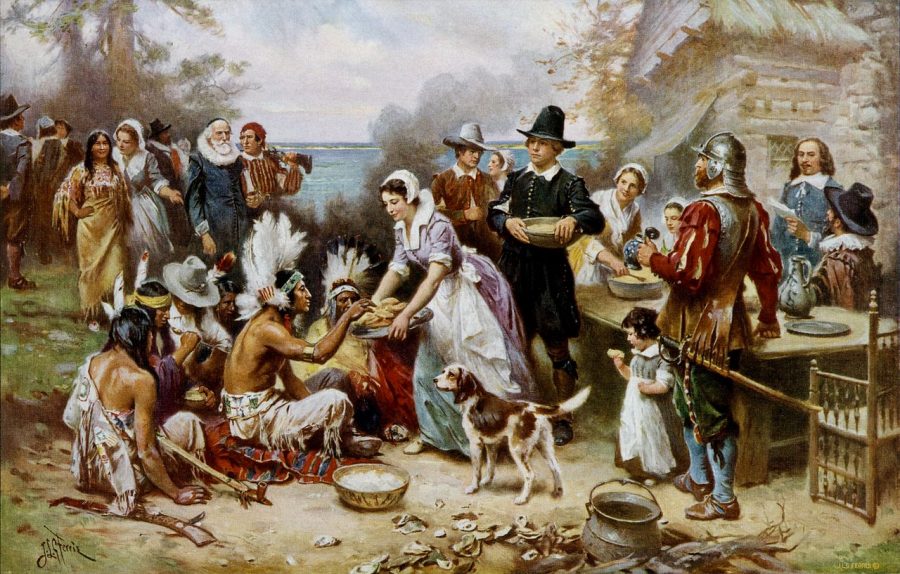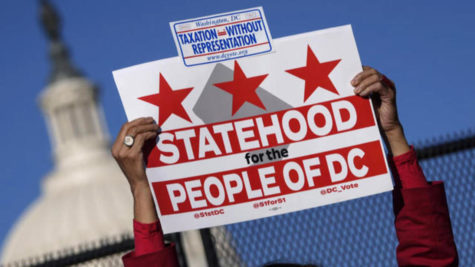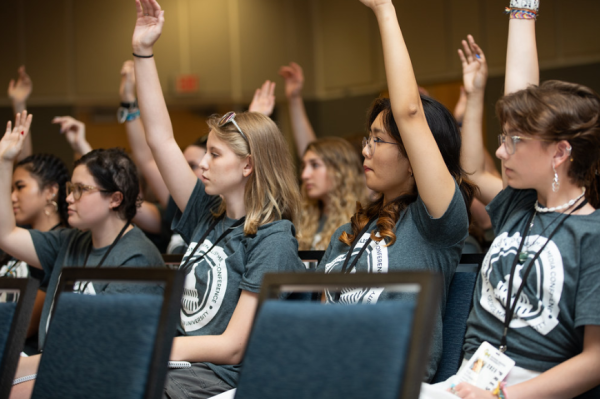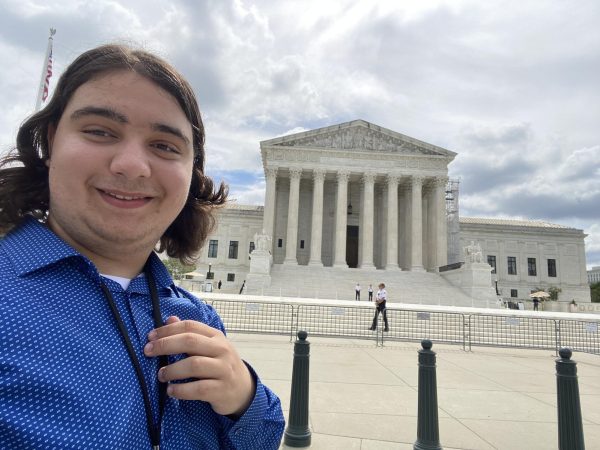OPINION: Thanksgiving shouldn’t dwell on family
Is there any reason Americans should share Thanksgiving dinner with relatives instead of those that need it?
Squanto can be thanked for the first Thanksgiving dinner — a Native American sharing no blood with the Pilgrims.
This next Thanksgiving Day will be another celebration of an American value which originates from as far back as the Pilgrims of Plymouth Rock — gluttony in the face of the needy.
Thanksgiving, as it exists, seeks to serve the American need for indulgence. Americans eat cranberry sauce, mashed potatoes, stuffing, bread rolls, casserole, squash tarts, Brussels sprouts, cauliflower, and to top their bounty, a delicious turkey weighing 30 or so pounds, spending an entire day in the kitchen to fashion up such a feast. The dishes are extravagant, and Americans are estimated to spend $968.8 million dollars on turkeys alone this year.
Nearly a billion dollars this year spent on feasting with family — yet is that why Americans celebrate?
The current formula for Thanksgiving follows a simple procedure: the preparation of the dishes, the welcoming of family into the home, the gorging of Thanksgiving delights and the subsequent familial fatigue as an uncle or two sprouts embarrassing comments. Of course, this is to simplify — as common as it is to invite relatives to Thanksgiving dinner, not every family has an ignominious (commonly known as cringey) uncle. Yet the holiday debacle is common enough for countless jokes, stand-up, and modernly, internet memes to center around it. The “racist uncle at dinner” can be substituted with a sexist aunt or homophobic grandmother, but the point stands; extended family can make life uncomfortable.
Family is often excused for their ignorance and such partiality is often overlooked because of blood. Many are familiar to the proverb “Blood is thicker than water,” and they utilize it to shoo away uncomfortable notions of actually confronting their relatives about their backwards views, because they wouldn’t want to damper their familial relationship. Yet the original phrase stated “The blood of the covenant is thicker than the water of the womb,” and was explicitly meant to combat this mindset — relationships built around choice, such as with friends based on similar viewpoints, are better to conserve than those forced upon one by bloodlines.
James Joyce best criticized family obsession in The Dead, where he showcased an Irish family festivity and the frivolities which follow peoples’ attempts to socialize with distant relatives. The moral of the story elucidated that following tradition leaves one blind to the present, and that families which are like strangers shouldn’t seek to force relationships betwixt each other. Particularly proving this point was an interaction between protagonist Gabriel and character Lily, where he asks her on the state of her schooling and she reminds him that she hasn’t schooled in many years. This sort of interaction is common among families, as they often become disconnected and can be no more than strangers sharing a grandmother.
The first Thanksgiving in 1621 was defined by the generosity of the Native Americans to the English Pilgrims. A Native that encountered the Pilgrims called for the assistance of the last survivor of the Patuxet Indians, Squanto, who taught the Pilgrims to catch eel and grow corn. He gave even after the Pilgrims stole land and resources, and sought to help rather than compete. Squanto had no family to give to, and yet the first Thanksgiving was marked by his liberality to others.
This Thanksgiving, it may be better to abandon inconsequential dining table ramblings and instead contribute to giving the less-fortunate fuller bellies — to give so that they may be thankful.

Blaze Myers is a graduate of BASH. His senior year was his first year in the CUB, previously only collaborating. He was in several leadership positions,...
























